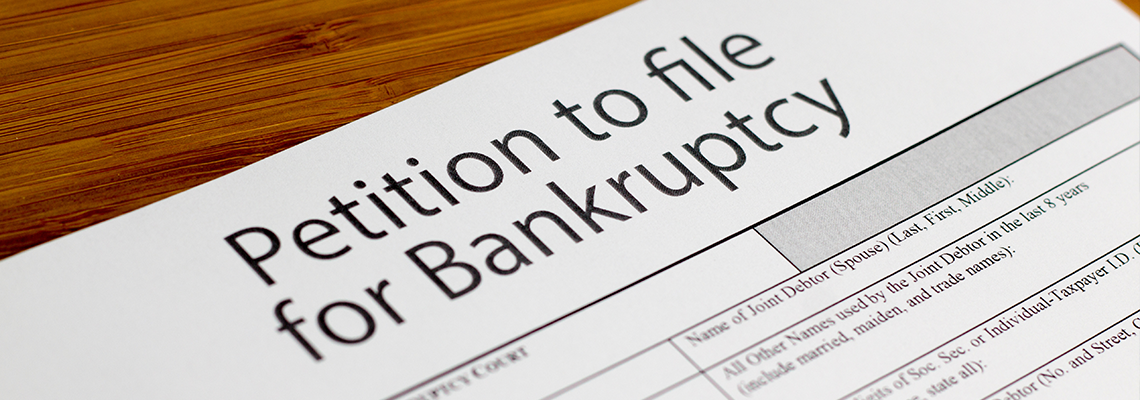
Dispelling Bankruptcy Myths
Most people get their news from multiple sources, including television, online outlets, and even the neighbor down the street. However, because there are so many different sources of information, contradictory and false information is everywhere. This holds true for the financial world, whether you are in business or you are concerned with your own personal finances.
It can be easy to fall into the trap of believing a myth about bankruptcy. But if you are facing serious financial problems, it’s critical that you find out the truth. With the help of a knowledgeable bankruptcy attorney, you can take the right steps forward.
At my firm, Uloth, P.C., I bring over 30 years of experience practicing Texas law to my clients’ cases. I am dedicated to protecting the legal interests of both businesses and individuals with all the tools in my arsenal. I won’t promise a specific outcome, but I will promise to do everything I can to help you on your financial journey. I proudly represent clients in Dallas, Texas, as well as Addison, Plano, and the rest of the state.
Common Myths and the Truth About Each
To seek financial relief, it’s important that you know the truth about how to eliminate debt. These are some of the most common myths about bankruptcy.
Myth 1: I will lose all my possessions if I file for bankruptcy.
You may have heard that if you file for bankruptcy, you will lose your home and all your possessions. However, this is not the case. In most cases, you will not lose your primary residence, your primary vehicle, or your furniture, but you may lose some equity in them.
Myth 2: Anyone who files for bankruptcy has a spending problem.
While some people with spending problems file for bankruptcy, that’s not true of everyone who files. Some small business owners may choose to file after their business closes. Some individuals may file due to struggling with medical or other non-consumer debt.
Myth 3: I’m married, so my spouse also has to file.
Your spouse will not be forced to file for bankruptcy if you decide to file. If your debt is your own and not shared by your spouse, then it may be the right decision to file for bankruptcy independently. Speak with an experienced bankruptcy attorney to learn more about the best path forward for you and your spouse.
Myth 4: It’s hard to qualify for bankruptcy.
Qualifying for bankruptcy depends on the chapter you intend to file. If you earn too much to qualify for chapter 7 bankruptcy, you may benefit from filing for chapter 13 bankruptcy instead. Chapter 13 bankruptcy is especially helpful for those facing home foreclosure or vehicle repossession. Certain requirements must be met in order to file for bankruptcy in Texas, but there is typically a path forward for you and your loved ones.
Myth 5: Bankruptcy won’t stop creditor harassment.
Perhaps the most immediate benefit of filing for bankruptcy is that it stops creditor harassment. If you file for bankruptcy and a creditor won’t desist, it’s important to know that they’re breaking the law. You can file a complaint against them, and they will be required to stop the harassment.
Myth 6: Bankruptcy permanently ruins your credit.
While bankruptcy will affect your credit score, it does not permanently ruin your credit. You can start working on improving your credit soon after filing for bankruptcy. The sooner you file, the sooner the bankruptcy will drop off your credit report.
An Experienced Bankruptcy Attorney Can Help
When financial struggles overwhelm your life, the best step forward may be filing for bankruptcy. By working with an experienced bankruptcy attorney, you can find debt relief and a new start. As an attorney with over three decades of experience, I collaborate closely with each of my clients. I value communication and I encourage authenticity throughout the legal process. At my firm, Uloth, P.C., I proudly represent clients in Dallas, Addison, Plano, and the rest of Texas. Contact my firm today to schedule a consultation to discuss if bankruptcy is right for you.
